Buddhist Symbols
This page lists of the various symbols in the Buddhist Symbols group.
Symbols in this group:
Ashoka Chakra
The Ashoka Chakra is a depiction of the Buddhist Dharmachakra, represented with 24 spokes. It is so called because it appears on a number of edicts of Ashoka, most prominent among which is the Lion Capital of Sarnath.
Conch
Tibetan Buddhists make use of a particular set of eight auspicious symbols, ashtamangala, in household and public art. Some common interpretations are given although each symbol although different teachers may give different interpretations.
The right-turning white conch shell (Sanskrit: Śaṅkha; Tibetan: དུང་གྱས་འཁྱིལ, Wylie: dung gyas 'khyil), representing the beautiful, deep, melodious, interpenetrating and pervasive sound of the Buddhadharma, which awakens disciples from the deep slumber of ignorance and urges them to accomplish their own welfare and the welfare of others;
In Hinduism the Conch is an attribute of Vishnu as is the Wheel (Sudarshana). Vaishnavism holds that Shakyamuni Buddha is an Avatar of Vishnu.
Coral
Found primarily in warm or tropical waters, coral presents a somewhat enigmatic facade that nonetheless carries multiple symbolic meanings.
Endless Knot
In essence, the term "endless knot" can be applied to a variety of designs that can be drawn or created without the tool ever leaving the creation surface.
Fig
As one of the oldest cultivated fruits in the world, the fig is a potent symbol in many cultures.
Lotus
In terms of symbolic importance, the lotus has achieved a status that has seldom been equaled by any flower. Its beauty, perfume and central place in many belief systems has made it a true monarch of the botanical world. It would be highly difficult to enumerate all the symbolic meanings of the lotus, so this article will provide a basic overview along with a few specific examples of cultures where the flower holds special significance.
Navaratnas
The word “navaratna” (meaning ‘nine gems’ in Sanskrit) refers to an ancient Indian astrological system in which nine specific gems are used to represent the heavenly bodies.
Parsol
The jewelled parasol (Sanskrit: chhatraratna; Devanagari: छत्ररत्न; Tibetan: རིནཆེན་གདུགས, Wylie: rin chen gdugs) or Sacred Umbrella, which is similar in ritual function to the baldachin or canopy.
Pomegranate
The pomegranate is a fruit with a very long history, both as a culinary staple and as a cultural symbol.
Prayer Wheel
A prayer wheel is a cylindrical "wheel" (Tibetan: འཁོར་, Wylie: 'khor) on a spindle made from metal, wood, stone, leather or coarse cotton.
Saffron
Saffron is a spice with both culinary uses and symbolic importance. Difficult to find and time consuming to gather and process, it was highly prized by many cultures and has acquired a number of important meanings over the centuries.
Sandalwood
Sandalwood is famous for its highly fragrant aroma, and its symbolic meanings largely stem from this quality. Both the wood itself and products made from it have occupied a significant place in many circles.
Swaggstaca
The term sauwastika (or sauvastika) is sometimes used to distinguish the left-facing from the right-facing swastika symbol, a meaning which developed in 19th century scholarship.
The Wheel of The Dhamma (The Noble Eightfold Path in Buddhism)
The Noble Eightfold Path in Buddhism:
Right View/ Understanding, Right Thought/Intention, Right Speech, Right Action, Right Livelihood, Right Efforts, Right Meditation, Right Concentration.
Tiger
In parts of Asia, the tiger supplants the lion as the so-called “King of Beasts”. Its ferocity and majestic appearance have given it important symbolic meaning in cultures throughout the continent.
Treasure Vase or Um of Wisdom
The treasure vase or Urn of Wisdom (Tibetan: བུམ་པ, Wylie: bum pa) represents health, longevity, wealth, prosperity, wisdom and the phenomenon of space. Indeed, to disambiguate, "Space" (Sanskrit: ākāśa) is a rendering of the particular denotation of the element of the mahabhuta (Sanskrit; English: "Great Elements") and the Five Pure Lights.
Two Goldfish
The two goldfish (Sanskrit: Gaur-matsya; Tibetan: ག་, Wylie: gser nya), representing the state of fearless suspension in a harmless ocean of samsara, metaphorically often refer to buddha-eyes or rigpa-sight; symbolises the auspiciousness of all sentient beings in a state of fearlessness without danger of drowning in the Samsaric Ocean of Suffering, and migrating from place to place and teaching to teaching freely and spontaneously just as fish swim freely without fear through water.
Wheel of Law
The Wheel of Law (Sanskrit: Dharmacakra; Tibetan: ཁོར་ལོ, Wylie: khor lo), sometimes represents Sakyamuni Buddha and the Dharma teaching, and also represents the mandala and chakra. This symbol is commonly used by Tibetan Buddhists, where it sometimes also includes an inner wheel of the Gankyil (Tibetan). Nepalese Buddhists don't use the Wheel of Law in the eight auspicious symbols.
Wisteria crest
The emblem (mon) of the Kujō aristocratic family of Japan, as well as the Hongan-ji school of the Jōdo Shinshū tradition of Pure Land Buddhism.
Citation
Use the citation below to add this symbols group page to your bibliography:
Style:MLAChicagoAPA
"Buddhist Symbols." Symbols.com. STANDS4 LLC, 2024. Web. 27 Jul 2024. <https://www.symbols.com/group/28/Buddhist+Symbols>.


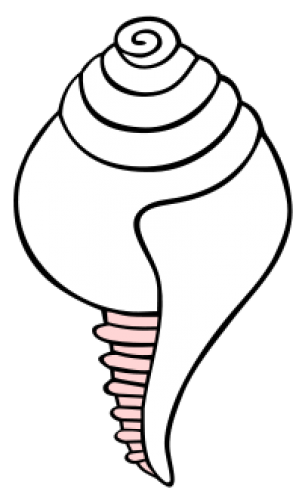
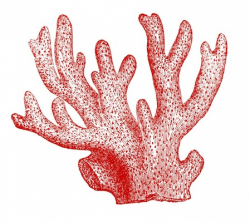
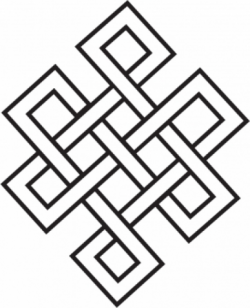
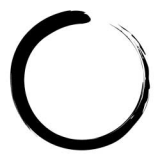
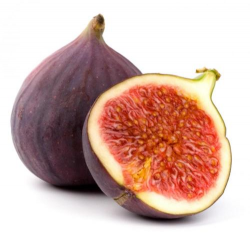
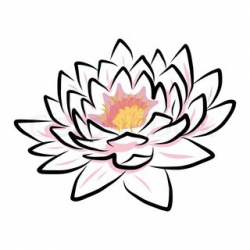
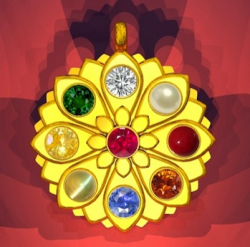
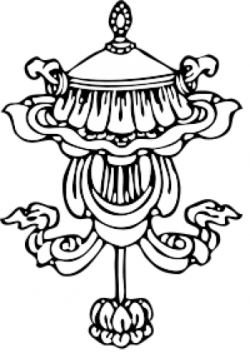
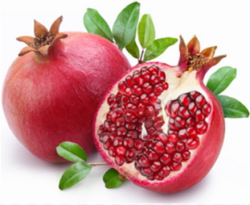
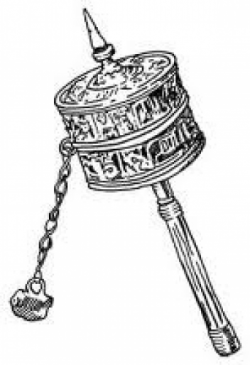
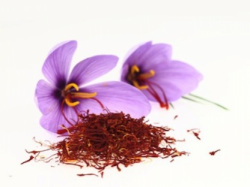
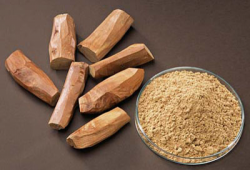

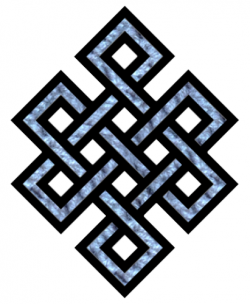
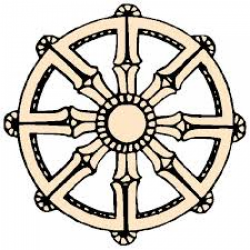


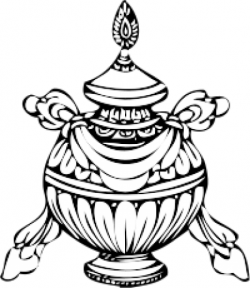
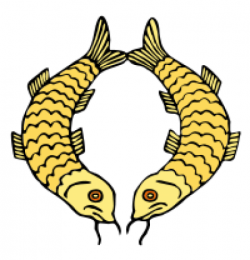
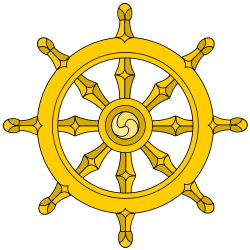

Have a discussion about the Buddhist Symbols group with the community:
Report Comment
We're doing our best to make sure our content is useful, accurate and safe.
If by any chance you spot an inappropriate comment while navigating through our website please use this form to let us know, and we'll take care of it shortly.
Attachment
You need to be logged in to favorite.
Log In